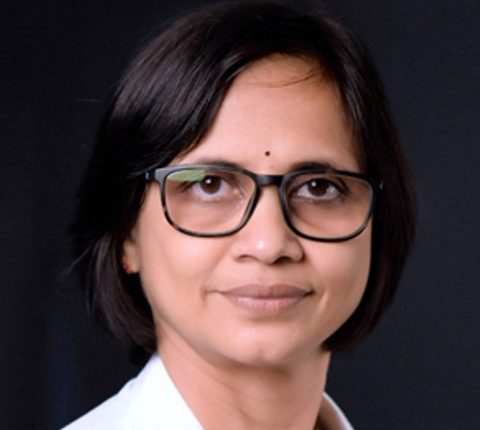Hyderabad: India is dishonorably called the ‘Diabetes Capital of the World’, with 17% of the world’s diabetic population. Diabetes is now a major public health concern with reports suggesting that India will have 125 million diabetics by 2045. Among the several end-organ diseases it manifests, it also significantly increases the risk of diabetes-related eye complications, particularly diabetic retinopathy.
Diabetic retinopathy (DR) is one of the leading causes of vision loss worldwide, among adults aged 25 to 74 years of age. DR is the damage of the tiny blood vessels in the retina due to prolonged diabetes, leading to leakage, swelling, or bleeding. The damage to blood vessels impairs the retina’s ability to sense light and transmit images to the brain, leading to vision problems. Without timely diagnosis and treatment, the condition can cause irreversible blindness.
By 2030, nearly 191 million people worldwide are projected to have diabetic retinopathy. Nearly 56 million of them would be at risk of vision loss due to complications arising from diabetic retinopathy.
About 13% of patients with early onset type 1 diabetes for less than five years and 90% of patients how have had it for 10-15 years develop diabetic retinopathy.
About 40% of patients with later age onset of type 2 diabetes for less than five years and 84% of those who had it for 15 – 19 years develop diabetic retinopathy.
Why is it important for a diabetic patient to undergo regular eye examinations?
Diabetic retinopathy develops without noticeable symptoms, until the disease has progressed significantly. Delayed evaluation may result in blindness. Initiating early treatment is crucial to reducing the risk of vision loss due to diabetic retinopathy.
Eye examinations at regular intervals help diagnose the onset of diabetic retinopathy at an early stage improving outcomes.
When should a diabetic patient undergo screening for diabetic retinopathy?
It is recommended that patients with type 1 diabetes have a comprehensive eye examination 5 years after being diagnosed with diabetes.
Patients with type 2 diabetes should have a comprehensive eye examination immediately after being diagnosed with diabetes.
A yearly follow-up eye examination is recommended for patients with both type 1 and type 2 diabetes.
It is recommended to have a comprehensive eye examination before conception and in the first trimester of pregnancy. Follow-ups should be based on the recommendations of the Ophthalmologist.
What symptoms should people with diabetes look out for?
Symptoms may go unnoticed in the early stages of diabetic retinopathy. As the condition progresses, one may develop:
· Floaters, perceived as dark spots or strings floating in vision
· Blurred vision
· Fluctuating vision
· Dark or empty areas in vision
· Vision loss
How do you manage diabetic retinopathy?
Risk factor modification:
· Control blood sugar levels
· Manage blood pressure and blood cholesterol levels
· Quit smoking or tobacco use
· Regular exercise and weight management
Treatment options for diabetic retinopathy include:
· Intravitreal injections
· Laser photocoagulation
· Surgery (in selected cases)
Even if diagnosed at an advanced stage, do not lose hope and consult an ophthalmologist immediately!
“Diabetic retinopathy often progresses silently and without early symptoms. All diabetics should have regular eye examinations to detect changes in the retina, before vision is affected,” says Dr Padmaja Rani, Vitreo Retinal specialist at the Kallam Anji Reddy Campus, L V Prasad Eye Institute , Hyderabad.
About L V Prasad Eye Institute (LVPEI)
Established in 1987, with the vision,” to create excellent and equitable eye care systems that reach all those in need,” the L V Prasad Eye Institute (LVPEI), a comprehensive eye health facility, is a World Health Organization Collaborating Centre for Prevention of Blindness.


